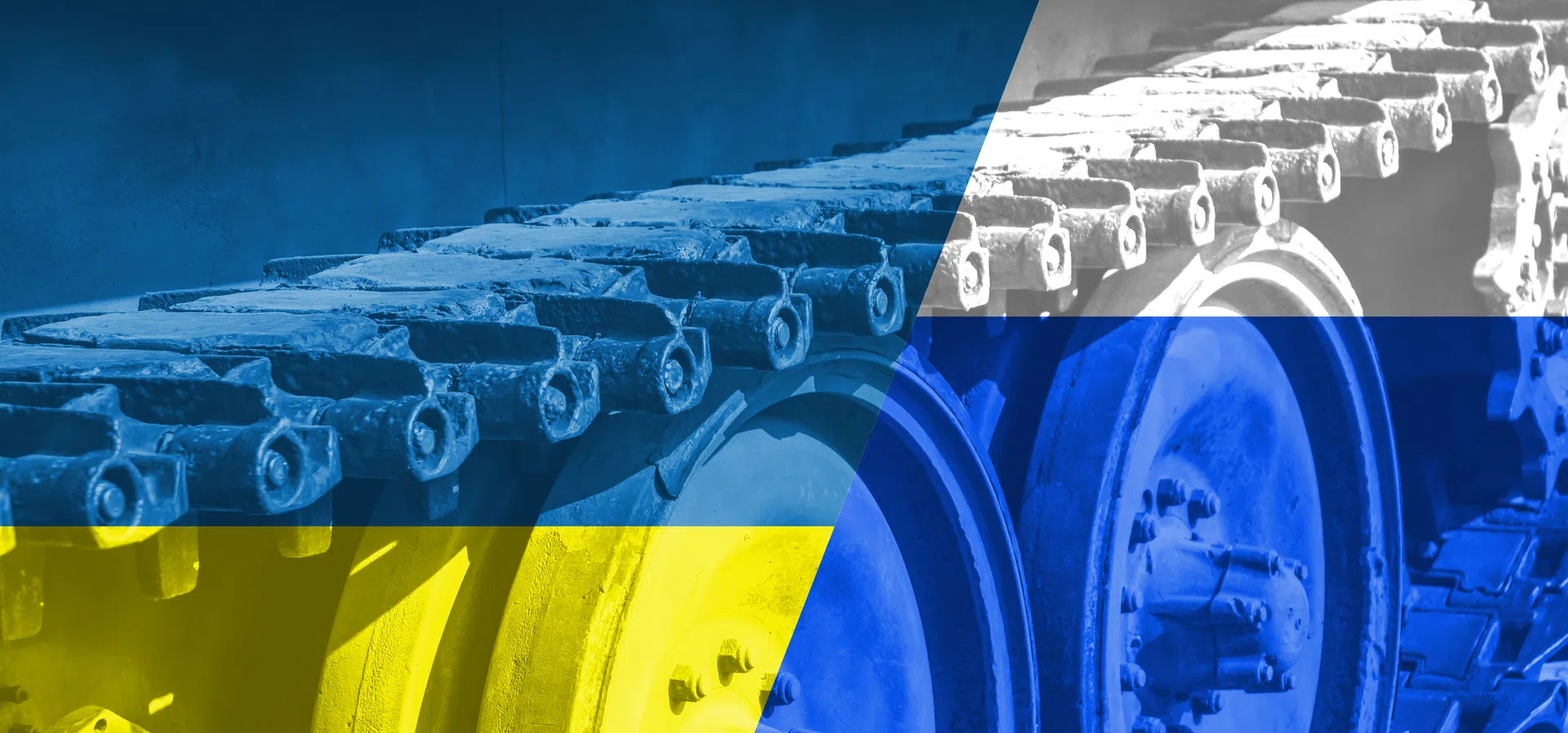Foreign Investments In Romania Up Eight Times Since NATO Accession

Romania has attracted eight times higher foreign investments since becoming a NATO member, compared with the period before accession, Ziarul Financiar reports.
In the five years since it joined NATO, Romania has attracted foreign investments worth 28.1 billion euros, that is 5.6 million euros on average a year.
The annual average is eight times higher than in 1991-2002, that is before the entrance into the Organisation, during which period Romania attracted a total of 8.5 billon euros - 708 million euros a year on the average. Analysts say that NATO and EU accession have been a very good factor in attracting foreign investors.
"The NATO membership along with Romania's accession to the European Union, have represented a catalyst for foreign direct investment, as these events have been regarded as a very powerful guarantee for investors.
The NATO and EU membership provides geostrategic stability, which induces strong security for foreign investors," comments Ionut Dumitru, head of Raiffeisen Bank's research department.
At the same time, a poll conducted by ZEW (Centre for European Economic Research), published yesterday reveals that Romania is considered the most attractive country in Central and Eastern Europe at the moment, as far as foreign investors are concerned, ahead of countries like Poland, Czech Republic and Hungary.
At the same time, investors see Romania as the most attractive country in terms of mergers and acquisitions.
Investor sentiment towards Central and Eastern European economies has significantly improved over the past few months, ZEW survey reveals, as quoted by Erste Bank. It says that 37% of the investors canvassed believe Romania is the most attractive country in the region, while 61% regard Romania as the most active market for mergers and acquisitions in the region.
On the other hand, statistics show that foreign investments over the last few years, since Romania joined NATO, have fundamentally changed the economy. The value of the Gross Domestic Product has almost tripled ever since, from 48.5 billion euros in 2002 to 133.8 billion euros (this year's estimate).
At the same time, the average net wage has increased at a somewhat slower rate- 2.7 times, from 124 euros in 2002 to 333 euros this year. The number of employees has visibly increased- more than 300,000 people have been hired, with the number of employees increasing by 6.6%.
Inflation shrank to one third from 17.8% at the end of 2002 to 5.4% this year (according to the data of the National Forecast Commission).
On the other hand, the economic foreign imbalances have worsened: the current account deficit has increased from 3.4% of GDP in 2002 to 13.6% this year.
At the same time, public budget revenues went up from 13.6 billion euros in 2002 to 48.7 billion euros this year. Expenses followed the same trend, and increased three and a half times, which provided three and a half times more capital for projects using public funds.
)

&format=webp)
&format=webp)
&format=webp)
&format=webp)
&format=webp)

&format=webp)